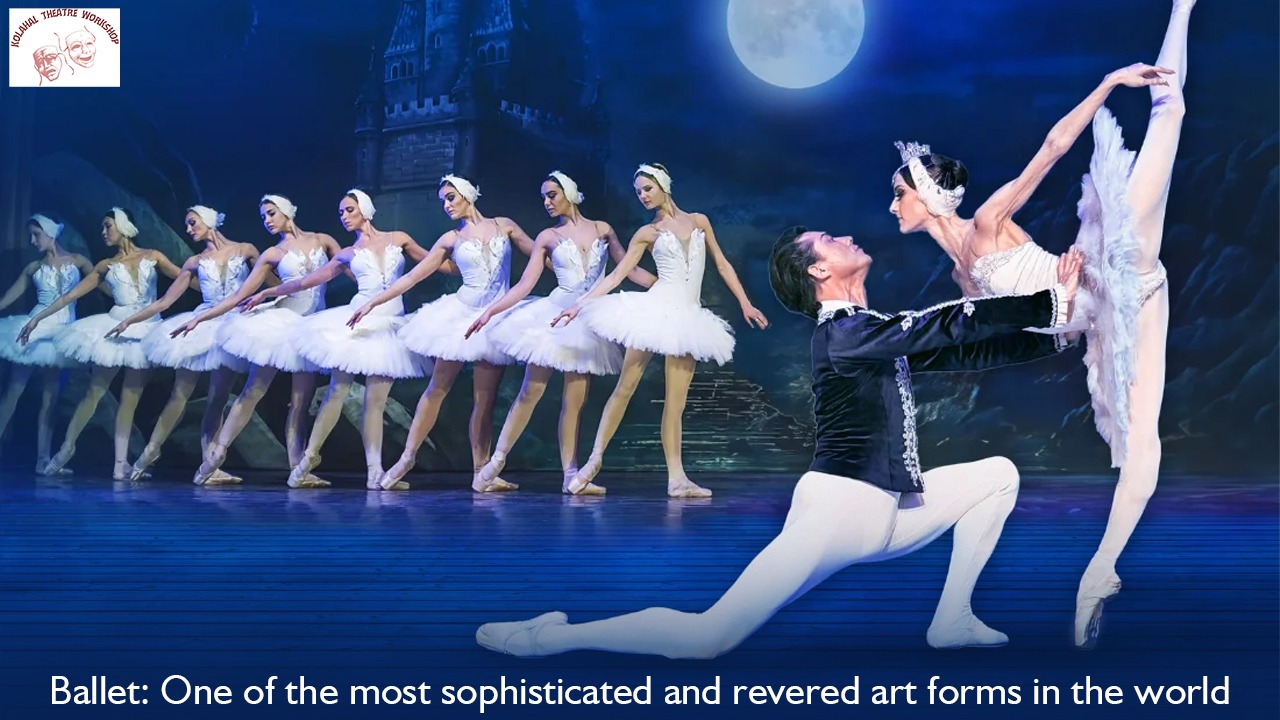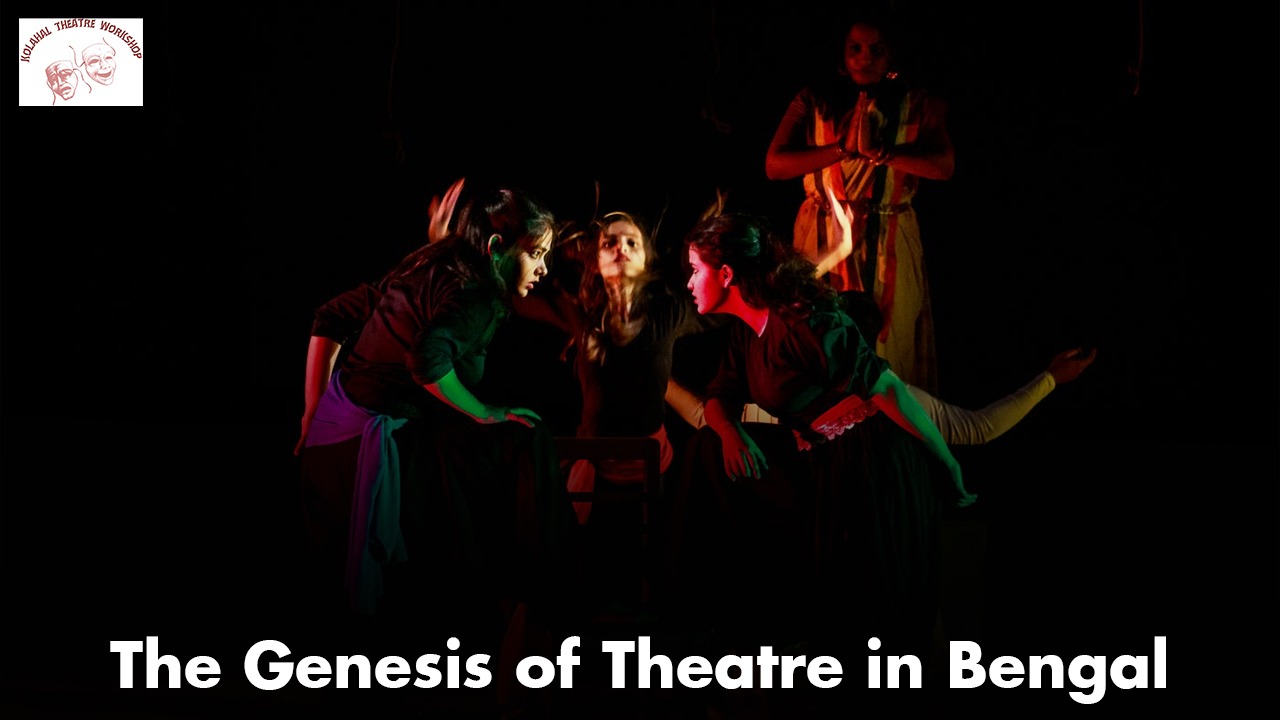Vocal Modulation: An imperative tool in a performer’s arsenal
INTRODUCTION:
Vocal modulation is a powerful tool in any performer’s arsenal, especially on stage. It is the art of varying pitch, pace, and emphasis to convey emotion, meaning, and character. From actors to public speakers, musicians to storytellers, the right voiceover can elevate the performance to a positive and unforgettable level, enchanting the audience and leaving a lasting impression
IMPORTANCE OF VOICE MODULATION:
One of the most important things about voiceovers is that they breathe life into the characters. On stage, actors use transitions to inhabit the personalities they portray, giving each role depth and authenticity. A change in tone can indicate a change in mood or motivation, while a change in tone can indicate intensity or urgency. For example, a fearful character’s voice trembles, triumph soars, or anger draws the audience into the emotional journey that unfolds before them
In addition to characterization, voice modulation defines the overall rhythm and rhythm of the game. A skilled player knows how to vary his or her rhythm to keep an audience engaged, create tension at surprising moments, and create relaxation in brief moments Variations of energy can disorient listeners, they anticipate, or wonder, to keep audiences on the edge of their seats and ensure that… narrative unfolds to maximum effects.
Also, tone changes help communicate meaning and subtext. Through subtle changes in emphasis or tone, artists can emphasize key themes, emphasize important messages, or subtly depict future events. Pausing at just the right time or chatting on the sidelines can say a lot, inviting the audience to engage and listen closely to each word.
Beyond its narrative and emotional aspects, voice modulation also serves practical purposes on stage. Clarity and fluency are essential for all audience members to understand dialogue, regardless of where they sit, while changes in tone can help actors force their mood and have been shown to be powerful, especially in large or noisy environments.
Furthermore, voice modulation plays an important role in performance, where musicians use it to convey musical and musical nuances. From delicate narratives to powerful crescendos, vocal dynamics can evoke a wide range of emotions and create unforgettable moments of beauty and intensity Especially in musical theater, voice modulation is a factor especially revealing the emotions and motivations of the characters, enhancing the impact of the music and driving the story forward.
Conclusion:
Voice transformation is magic on stage, capable of transforming words into worlds. It breathes life into theatrical characters and transform their performance into unforgettable experiences that express emotion, shape story, or infuse beauty. With practice, dedication, and a willingness to explore all things in terms of vocal expression, actors can harness the power of voice modulation to create moments of pure theatrical pleasure.




